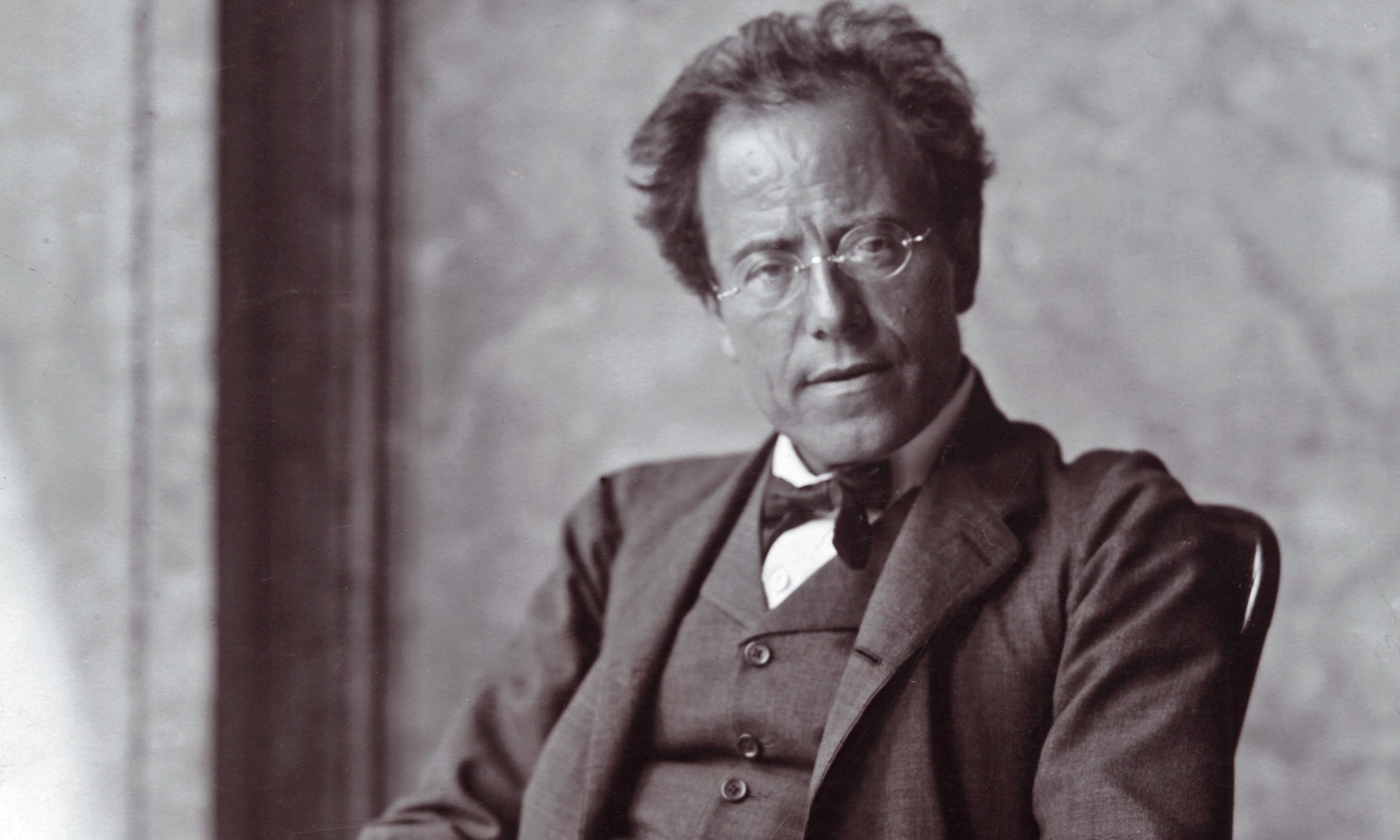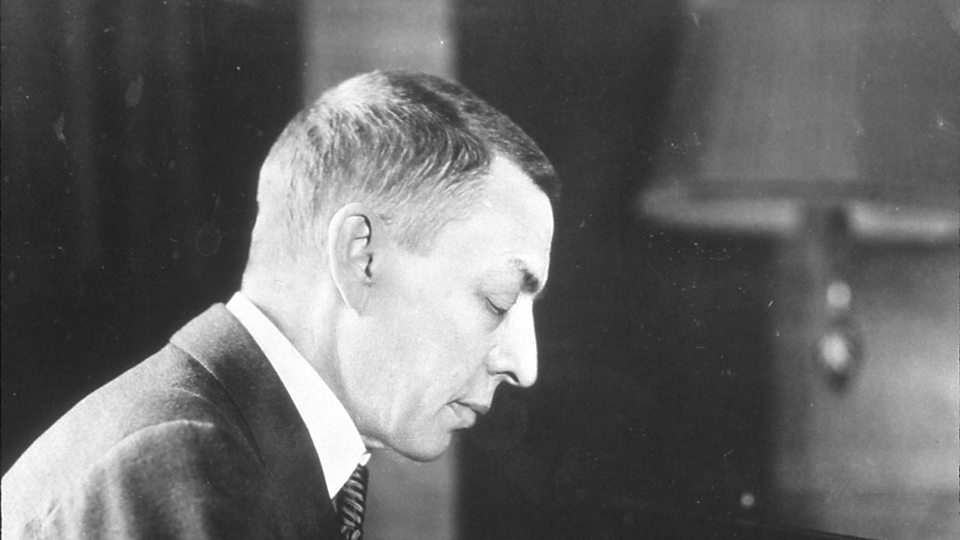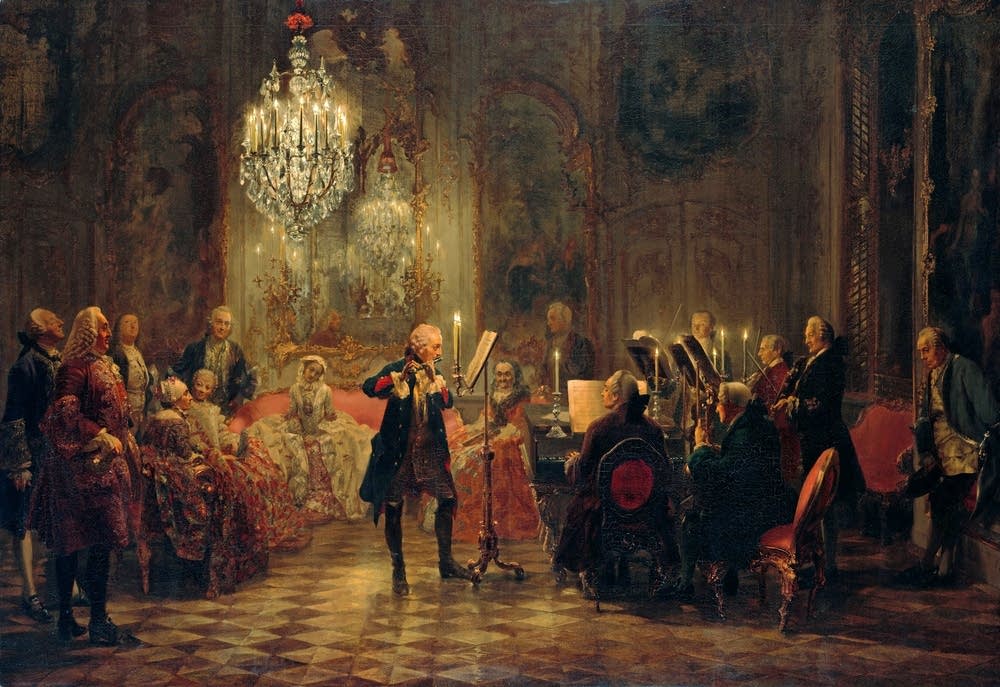Mahler’s Evolution From Song to Symphony
Gustav Mahler’s music is full of sardonic humor- passages which seem, at once, frivolous and chillingly grotesque. You can hear this in the song cycle, Des Knaben Wunderhorn (“The Youth’s Magic Horn”). The twelve songs, published in 1905, are drawn from a collection of 723 anonymous German folk poems, compiled between 1805 and 1808 by Ludwig Achim von Arnim and Clemens Brentano. The 27-year-old Mahler was conducting in Leipzig when he discovered the anthology. …







